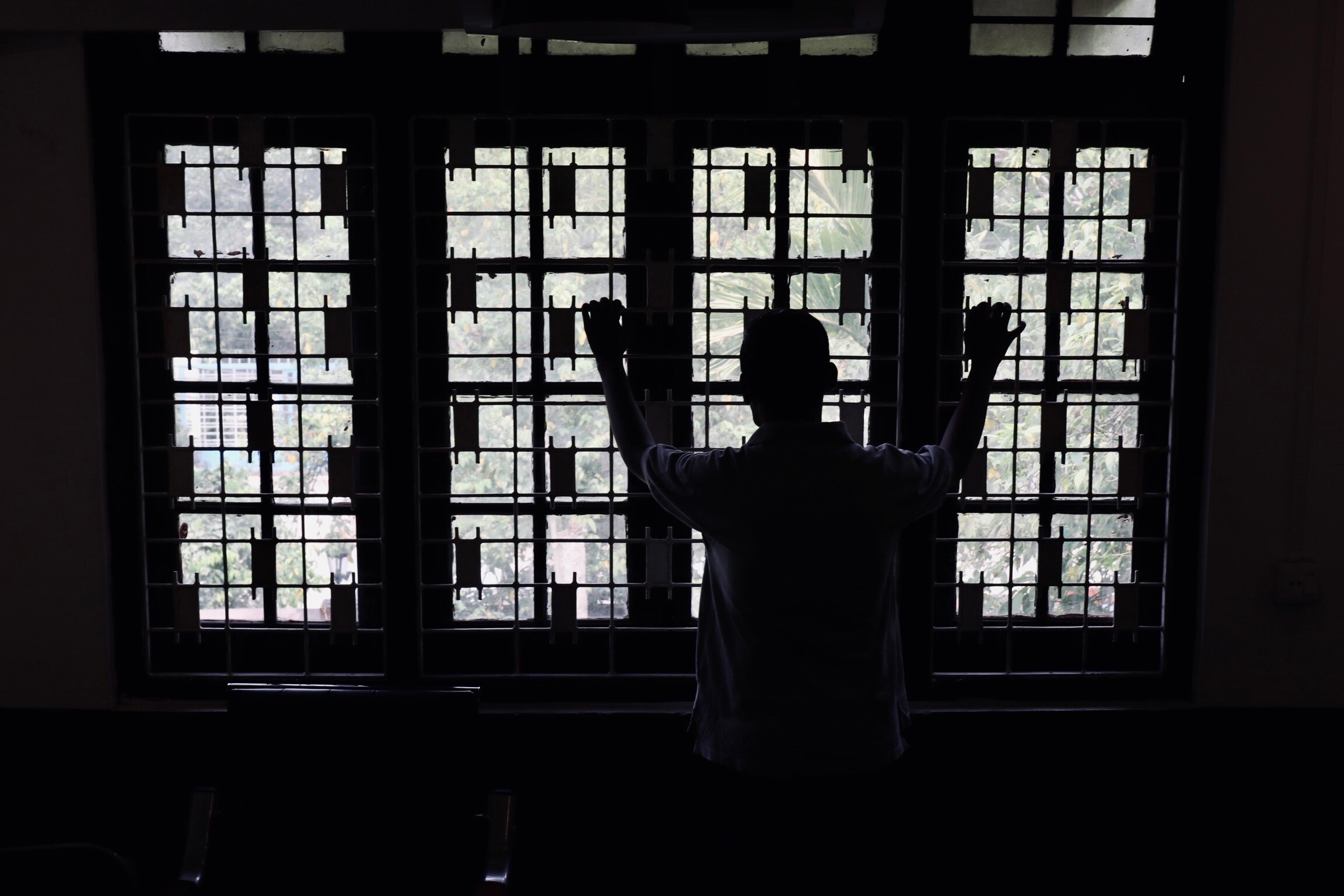Forced scamming is one of the most complex and fastest-growing forms of modern slavery in the world. Migrant workers are being trafficked to Southeast Asia and forced to conduct scams online for up to 20 hours a day, six days a week. Those who fail to meet targets are starved, electrocuted, or beaten. A steady stream of suicides and other mysterious deaths have been reported from the compounds where victims are held.

Criminals use social media platforms to falsely advertise lucrative jobs with good salaries and ideal working conditions. Traffickers will frequently arrange whatever accommodations are necessary to make the offer too good to refuse. When the victims arrive, perpetrators confiscate their passports and identification documents to prevent them from leaving. They are not allowed to leave and are frequently abused and beaten.
It is currently estimated that hundreds of thousands of people are trapped in forced scamming centres. While Cambodia has initially emerged as a primary hotspot, exploitation has also been reported in Laos, Myanmar and the Philippines. Some experts suggest that the industry may be twice as large in Myanmar as in Cambodia, with criminal groups finding cover behind the country’s political and economic instability.
- 13.2 billion Australians exposed to scams in 2021- 2022. [1]
- $3.1 billion lost from scams in Australia in 2022 alone. [2]
- Hundreds of thousands of people are estimated to be working in the scamming industry in Southeast Asia. [3]
- Cambodia initially emerged as a primary hotspot for this crime, but exploitation has now been reported in Laos, Myanmar, Philippines – and further afield. [4]
- 35+ different nationalities have been found in scamming compounds. [4]
- Forced scamming generates an estimated $18 billion per year in Cambodia alone. [4]
[1] Scam Watch
[2] ACCC
[3] UN
[4] IJM Case Data
Traffickers recruit would-be scammers via fake job adverts, typically on social media. They often target industries where the applicants would have basic English and computer skills such as marketing, customer service and IT support. The victim’s go through a typical job application process and once successful, then make the trip to where the job is meant to be.
Upon arrival, the trap quickly encloses around the victim, as they are ushered into a heavily-guarded compound. Once at the compound, traffickers take the victim’s passport and identification details.
Victims of forced scamming have daily targets they must met and often have to conduct scams for up to 20 hours a day, six days a week. They do this under the constant threat of abuse. The victim often experiences extreme violence including electrocution or assault.
From official estimates and witness testimonies, IJM estimates that over AUD$18.8 billion is generated from this new form of trafficking every year in Cambodia alone.
IJM helps combat this crime in Cambodia, Indonesia, Thailand, Myanmar, the Philippines and Malaysia.
Our program office proactively coordinates with local government agencies and foreign embassies to help facilitate the rescue and repatriation of victims, seek accountability for perpetrators and connect with partners to provide legal and psychosocial support.
IJM has helped remove, care for, and/or support victim identification for over 350 individuals who we determined to be victims of forced labour slavery within Southeast Asia’s scam compounds.
Our team regularly engages with governments in the Asia Pacific region and around the world, UN Agencies, private sector companies, research agencies and civil society to share learning and find ways to coordinate and respond to this issue more effectively.